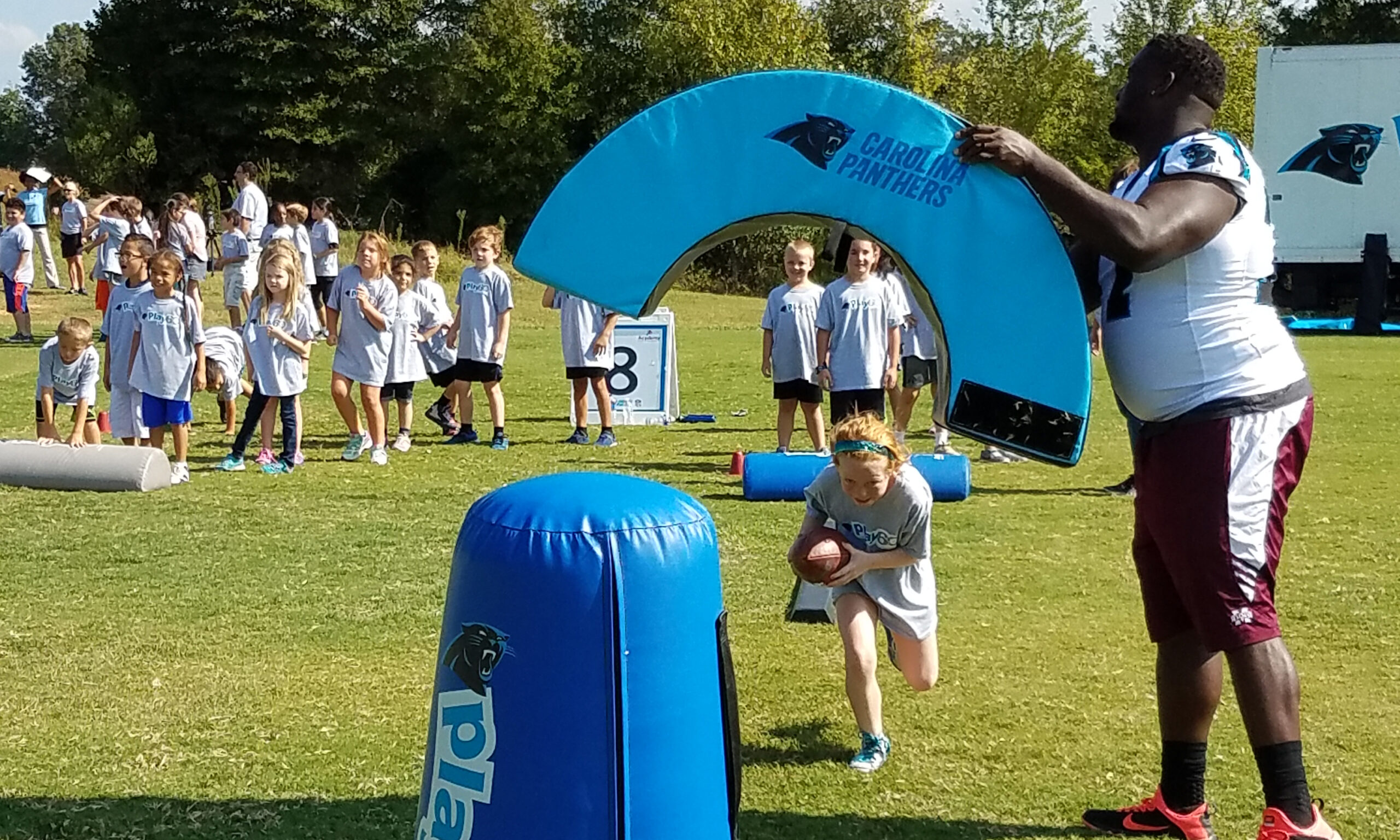
A Seat at the Table: Advancing Racial Equity Through Learning
As a community leader, convener and advocate, United Way of Central Carolinas is committed to listening, learning and doing the hard work that is required to address the power imbalances that exist as part of systemic racism in our communities and country.
Every day, nonprofits across the Charlotte region perform critical work through programs to ensure individuals, families and communities have the essential resources they need to be successful and thrive in our society. Current and generational crises require that nonprofits take a closer look to understand community disparities—asking how to account for inequalities and what actions need to be taken to make a difference.
“At this moment in our national conversation about race, many nonprofit board members are wondering, ‘What can we do as a board to be sure we’re not perpetuating systemic racism?’” said Andi Stevenson, a nonprofit consultant with Stevenson Wallace, LLC. “Board members are generous volunteers who want to support and enrich their communities, but they don’t necessarily have expertise in nonprofit governance or racial equity.”
Stevenson, who has 25 years of experience in nonprofit governance, teamed up with Derrik Anderson, a racial equity, diversity and inclusion leader and executive director of Race Matters for Juvenile Justice, to present the Racial Equity for Nonprofit Board Members Workshop. The three-part virtual workshop hosted by United Way of Central Carolinas encourages nonprofit leaders to learn, inspires conversation and fuels change in the racial equity space.
“The work of advancing racial equity is important and should be centered to interrupt systems and structure. Racial inequities exist across all systems including education, criminal justice, employment, nonprofit, housing and health,” Anderson said.
The Racial Equity for Nonprofit Board Members Workshop is designed to give participants a baseline understanding of equity and a toolbox of practical ways to begin making their nonprofits more equitable now. It is important that nonprofit board leaders become educated and gain awareness about implicit bias and institutional and structural racism, Anderson said.
“Without intentional and transformational intervention, our institutions and structures will continue to perpetuate racial inequities the results in whites having the best outcomes and Blacks, indigenous peoples and people of color having the worse outcomes,” Anderson said.
Among the workshop’s participants were several TIAA employees who serve on nonprofit boards. With a culture of diversity and inclusion being core to TIAA’s purpose, the company partnered with United Way to host the workshop. Duke Energy and Piedmont Natural Gas also joined the effort.
“This training offered by United Way encouraged us to challenge ourselves and the boards on which we serve to consider how the work that we are doing advances equity,” said Jillian Peat Hamilton, director of corporate social responsibility at TIAA. “We learned about the history of racism, gaps that exist in our community and actionable ways to address those gaps in our nonprofit boards. Everyone who serves on a nonprofit board should participate in this training. It will change the way you think about the community that you serve and the way you approach the work.”
The Racial Equity for Nonprofit Board Members Workshop builds upon a collection of learning opportunities that launched in fall 2019 through the United Way Learning Network to maximize the knowledge, capacity and leadership of organizations across the Charlotte region. The Racial Equity for Nonprofit Board Members Workshop will be offered again in spring 2021, and there are plans to hold a racial equity training session for United Way partner agency staff in the last half of 2021.
Stevenson said United Way trainings like the Racial Equity for Nonprofit Board Members Workshop give board members a centralized place to learn how to develop strong boards that drive their missions forward.
“I know what a huge difference it makes when board members understand their responsibilities, collaborate and communicate well, think strategically and work boldly on behalf of their communities,” Stevenson said. “Hopefully, more board members will embrace the idea that governing with an equity lens is good for the entire operation, down to its strategic core.”
Learn more about United Way’s investment in organizations committed to advancing racial equity and addressing economic mobility.



